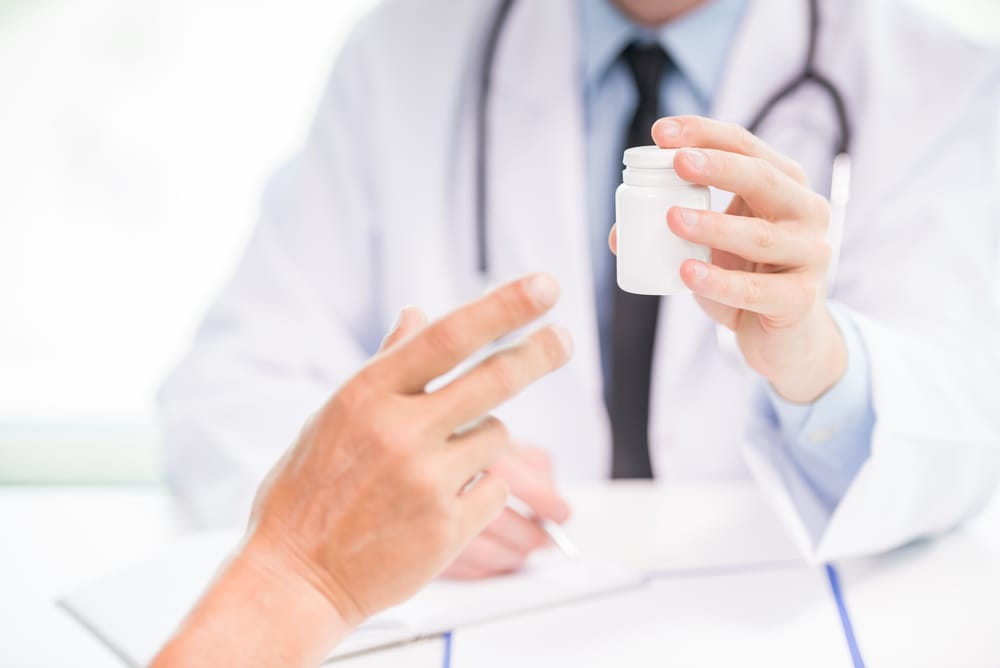It is often said that any one of us is just a surgery away from an opioid addiction. That is what happened to Kevin, who after eight years in recovery relapsed into painkiller addiction following two unexpected abdominal surgeries. Kevin’s first surgery was an emergency surgery. He got through it and followed the diet and rules, taking months to heal in the hospital and then at home under the care of a nurse. The second, while planned, was even more painful and debilitating. That’s when opioid addiction took hold. “When I got through that I didn’t ask for help,” he says. “I didn’t tell people I was scared. I didn’t say I almost wanted to check out. Of course, some of it actually helped the pain but the rest started checking me out.” Painkiller use after surgery can turn into a nightmare for anyone. It’s especially deadly for people with a history of addiction or substance abuse. As an alumnus of Promises, Kevin was able to reclaim his sobriety. In the process, he came up with an idea he hopes will help others who find themselves in a medical crisis: a sobriety plan for surgery. He put it to the test recently when he had to return for a third surgery and made it through with his sobriety intact. “I did have to take some pain medication in the hospital but it was a short stay,” he notes. “And I had a plan this time and a big support system. So I was able to get through it without relapsing again.”
Six Keys to Sobriety After Surgery
1. Ask for your physician’s support.
Kevin told his primary physician about his vulnerability to pain medicine. “The doctors who did the surgery were aware of my addiction so they had a couple alternatives,” he says. “When they finished with the surgery, they inserted numbing medicine into my stomach so for the first two days I didn’t have any pain at all. It was awesome.” And it gave his healing a sober start.
2. Request less medicine.
Kevin asked for as little medication as possible. “The pain medicine they gave me was probably 25% of what they would have given a person who didn’t reveal they had an addiction,” he says. “I didn’t even take it all.” He admits at times he wished he could’ve taken more medicine but he knew it was in his best interest to deal with some pain for the sake of his sobriety.
3. Let someone else hold the pain pills.
In advance, Kevin made arrangements so he did not have access to addictive painkillers without his wife’s assistance. “Even though this surgery was minor compared to my other surgeries, my wife held on to all the medication,” he recalls. “She distributed them to me.”
4. Tell your support network.
Kevin says he learned in groups at Promises drug rehab, “if we don’t talk about it, we give it the power.” “I talked about it to all my friends in recovery,” he says. “It got me through the experience without having to get overwhelmed by the obsession.”
5. Stay connected.
People came to Kevin’s house and offered their support. “I lined up people to be there for me, whether it was on the phone or visits,” he says. “They agreed in advance to stay in touch with me so I wouldn’t isolate.”
6. Assess your options.
Schedule surgeries when you are more firmly grounded in addiction recovery, if possible. Kevin asked his doctor if he could postpone surgery until he was more secure about his sobriety. “I told the doctor I feel I’d be better off if I was a little further into my recovery,” he recalls. “I purposely waited five months to do it because I thought I would be in a safer place.”
Getting Ahead of a Medical Crisis
An accident or surgery changes lives in many ways but the opioid epidemic has taught us that it’s not just the traumatic event that can change lives. It’s the medicine, too. “Knowing I needed this surgery gave me the time and power to put a system into place,” says Kevin. No one can be prepared for every surgery or everything life throws their way, but having a plan increases the likelihood that people in addiction recovery can come out on the other side with both their health and their sobriety intact.

